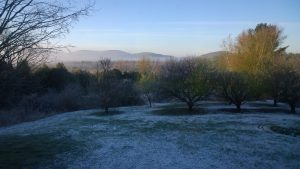
Those who live in cities may need to make a more deliberate effort in order to get a nature fix. More and more research is confirming what we already instinctively know – that exposure to nature is healing and restorative for both our bodies and our minds and that we would be wise to keep our connection with nature alive.
Gregory Bratman, a graduate student at Stanford, has been studying the psychological effects of urban living. In particular, his research looked at the impact of nature on a person’s tendency to “brood”, or to ruminate excessively about distressing situations. Brooding, apparently “is disproportionately common among city dwellers compared with people living outside urban areas and can be a precursor to depression”. Bratman’s research confirmed that a 90 minute walk through a quiet area of Stanford’s campus reduced a person’s level of broodiness, and a 90 minute walk near a busy street in Palo Alto had no effect. He was also able to contrast the activity in the part of the brain that is associated with brooding and found a neurological correlation between the two groups.
So whether you are sitting quietly observing nature or walking briskly through it, you are likely to experience positive benefits that may ripple through your day and out into the world. We are, after all, part of nature’s family. It is easy to forget this if our lives become too tamed, too angular, too artificial. The wild and natural world provides, for free, a healing antidote to the stressors of modern life. Here’s to the breezes and the chirps and the new buds of April.
Tags: depression

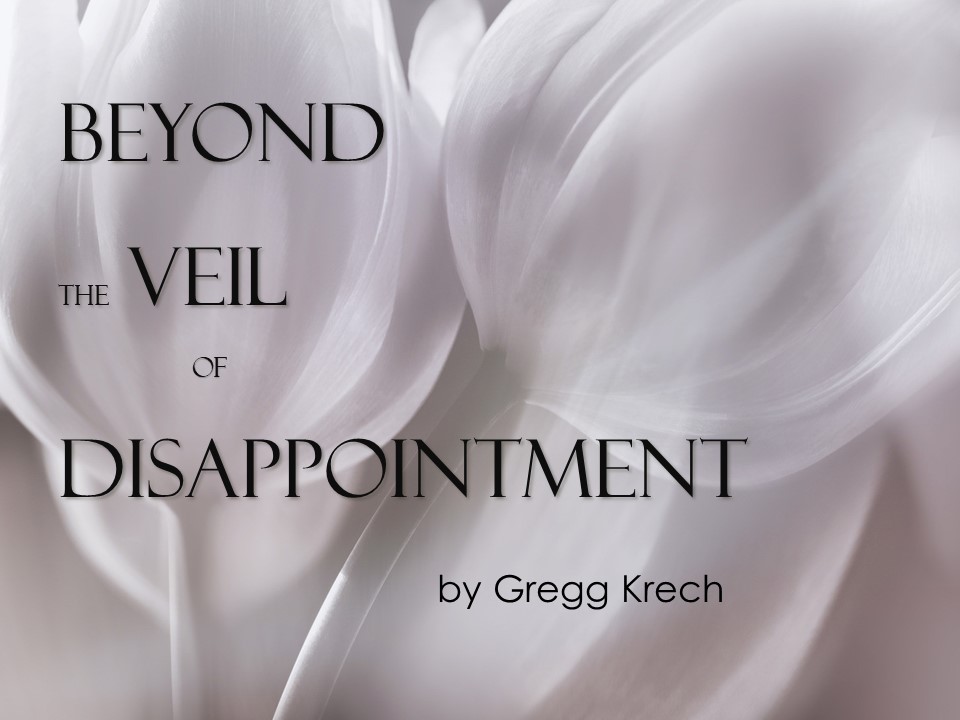
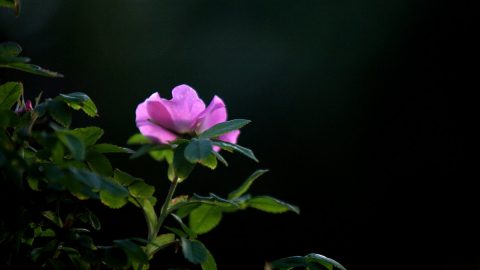
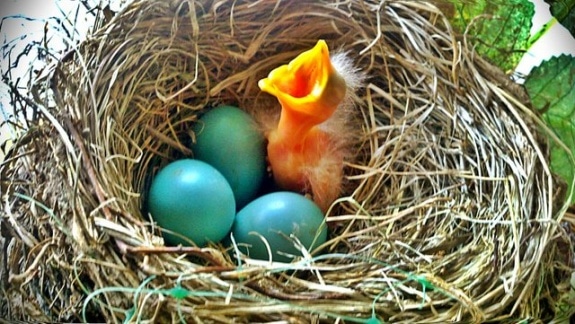



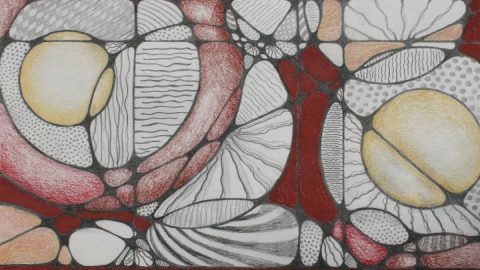




Comments are closed.
Thanks, Nate, I’ll look into Shinrin Yoku.
Sounds intriguing.
Warmest wishes!
Linda
The Japanese practice of Shinrin Yoku or forest bathing is another long practiced example of humans turning to the natural world for mental and spiritual health healing. It it quite complimentary to both morita and naikan practices.